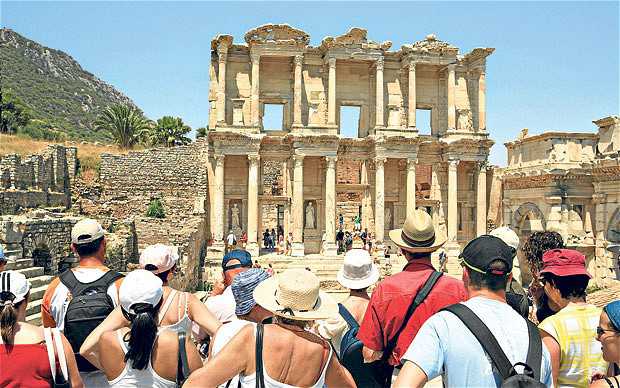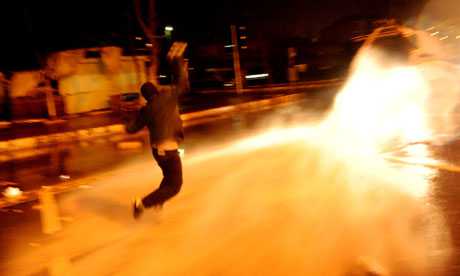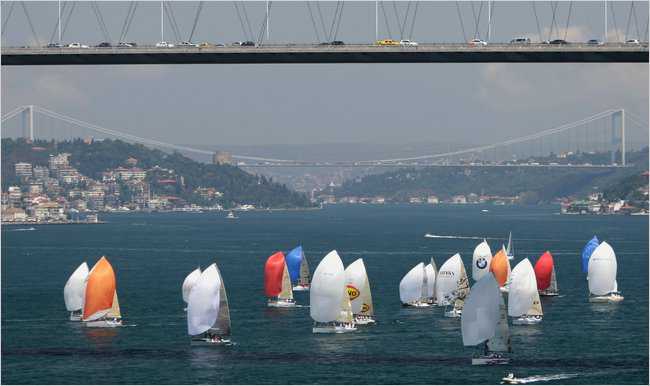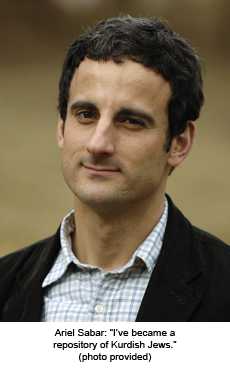by Yigal Schleifer
The European Council on Foreign Relations recently released an interesting study called “What Does Turkey Think?”, which consists of several essays by prominent Turkish analysts who take a look at key keys issues facing Turkey foreign and domestic policy. The whole study is worth reading, but I found an article written by Osman Baydemir, the Kurdish mayor of Diyarbakir, particularly interesting — especially in light of recent events.
Baydemir is a member of the pro-Kurdish Peace and Democracy Party, which was able to get 36 of its members into parliament following Turkey’s recent elections. The party, though, is refusing to take parliament’s membership oath because several of its MP’s are currently in jail awaiting trial on terror-related charges and the courts are refusing to release them.
Although Baydemir’s article came out before the election, it sheds light on how the BDP looks at Turkish politics and what animates its own politics. From his piece:
For those who are not in power, there is little democracy. There is no legal protection for workers whose factories are closed down, for women who are murdered by their husbands, and for children given 100-year jail sentences for throwing stones at armed policemen, or for regions in which the natural environment has been destroyed. The most significant cause of insecurity is the fact that, from the day it was founded, the republic has been informed by a belief that “the people do not know what is best for them, but we do”. This has shaped efforts to modernise and then democratise society from the top down, using radical methods to realise an exclusionist enlightenment mission.
This top-down approach to democracy has simply been passed down from republican elites to the AKP. Like its predecessor, the AKP government asserts that “we know best”. People have an impression that the AKP represents a soft form of liberal piety because it stood for change and shows respect to women who do not wear the headscarf and nominates them for candidacy. However, the AKP government’s practices are very much at odds with its democratic image. Many now believe that the party is driven by authoritarian thinking. By winning a parliamentary majority, the AKP aims to establish full hegemony, which entitles it to the discretionary use of power. The AKP’s position in the new constitutional debate as and on constitutional amendments passed in parliament cannot be seen as democratic.
A fundamental principle of democracy is recognition of “the other”. The party’s support of the 10 percent electoral threshold, which prevents the formation of coalition governments and means that the will of the people – foremost of the Kurds – is not fairly reflected in parliament. Prime Minister Erdoğan believes neither in the essence of democracy nor in elections but above all in the principle of subordination. The presidential system he pursues fosters this culture of submissivene
via Turkey: What Do the Kurds Think? | EurasiaNet.org.
The full article can be found here.





